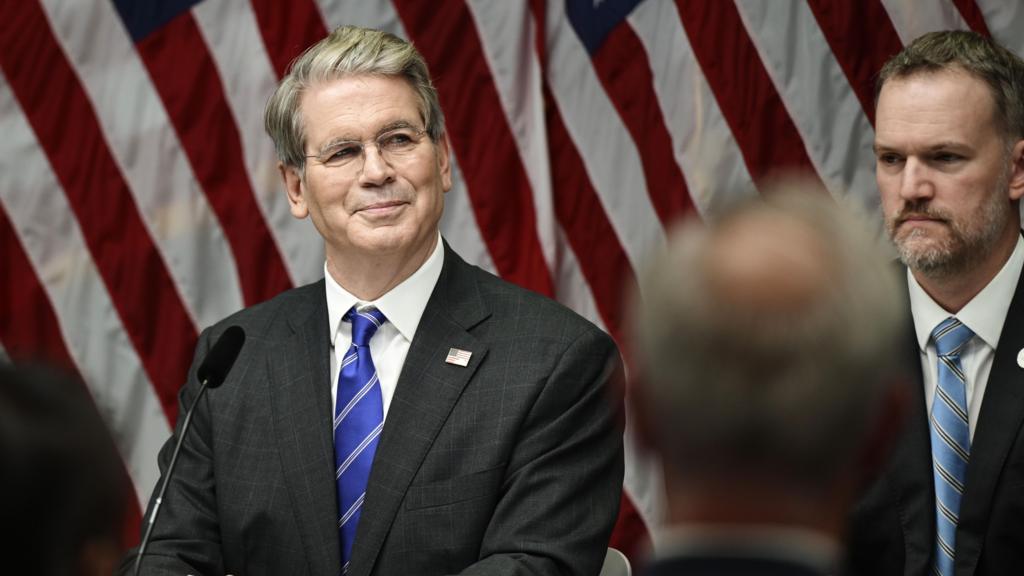The United States and China have concluded another round of trade negotiations without achieving any significant breakthroughs, despite both parties characterizing the discussions as “constructive.”
The talks, which took place in Stockholm, Sweden, occurred as a truce established in May is set to expire next month. This raises the possibility of a resurgence in the trade tensions that escalated in April, when the two nations imposed retaliatory tariffs on each other.
U.S. Treasury Secretary Scott Bessent stated that any extension of the existing truce, which involved both sides agreeing to reduce certain measures, would be contingent upon President Donald Trump’s decision.
Chinese trade negotiator Li Chenggang indicated that both countries would strive to uphold the agreement.
Beyond tariffs, Beijing and Washington have been at odds over various issues, including U.S. demands for China’s ByteDance to divest TikTok and for China to expedite its exports of critical minerals.
President Trump initiated tariff hikes on Chinese goods shortly after returning to the White House. China responded in kind with its own tariffs, leading to escalating tensions and tariff rates reaching triple-digit percentages before the May truce.
Consequently, Chinese goods faced an additional 30% tariff compared to the beginning of the year, while U.S. goods were subject to a new 10% tariff in China.
U.S. officials warned that without an extension of the truce by the August 12 deadline, tariffs could potentially “boomerang” back up.
“Nothing is agreed until we speak with President Trump,” Bessent said, while downplaying the risks of escalation.
“Just to tamp down that rhetoric, the meetings were very constructive. We just haven’t given the sign off,” he said.
This marked the third meeting between the U.S. and China since April.
Negotiators from both sides reported discussing their respective economies, the implementation of previously agreed-upon terms by President Trump and Chinese President Xi Jinping, and rare earths, which are a critical point of contention due to their importance in new technologies such as electric vehicles.
The U.S. also pressed China on its relations with Russia and Iran.
Li Chenggang stated that both sides were “fully aware of the importance of safeguarding a stable and sound China-US trade and economic relationship.”
Bessent expressed his belief that the U.S. had momentum, citing recent agreements secured by President Trump with Japan and the European Union.
“I believe they were in more of a mood for wide-ranging discussion,” he said.
President Trump has consistently voiced concerns about the trade deficit with China, which saw the U.S. import $295 billion more goods from China than it exported last year.
U.S. Trade Representative Jamieson Greer noted that the U.S. was already on track to reduce that gap by $50 billion this year.
However, Bessent clarified that the U.S. was not seeking a complete “de-coupling.”
“We just need to de-risk with certain strategic industries, whether it’s the rare earths, semiconductors, medicines,” he said at a briefing for reporters after the conclusion of the talks.
A foreign ministry spokesperson suggested the banker had breached Chinese law.
The government is to become the biggest shareholder in the US’s only operational rare earths mine.
Company executives say the sportwear giant will cut its reliance on producing goods in China to ease the impact of US trade policies.
The app was supposed to be banned in the US after its Chinese owner refused to sell it by a January deadline.
The future for EVs will inevitably involve China. But where does that leave the UK and Europe markets – and what of the questions around national security?

